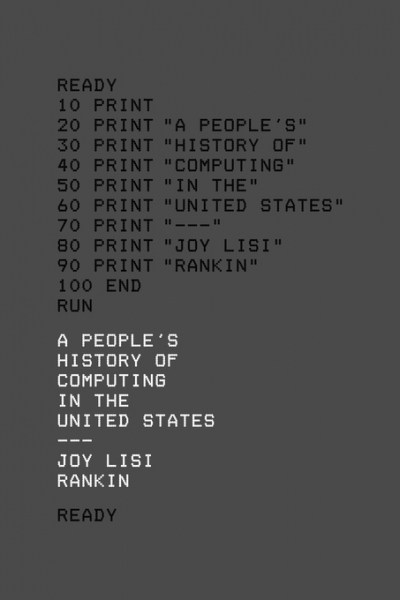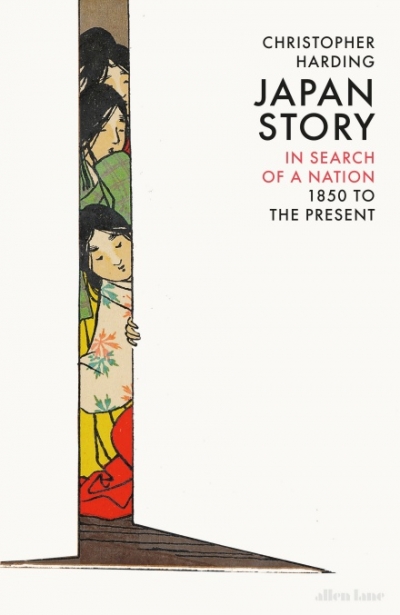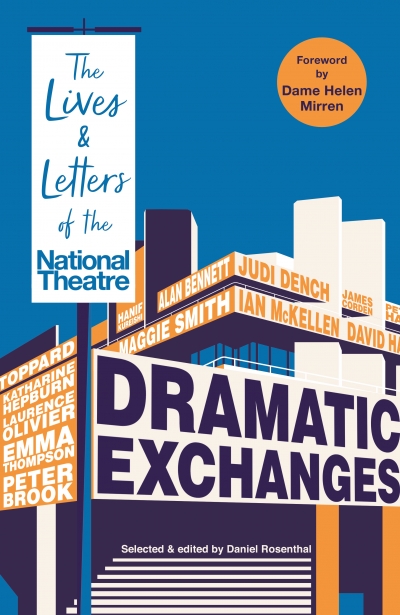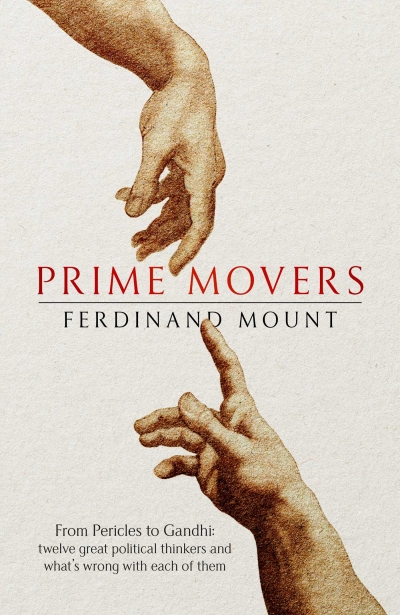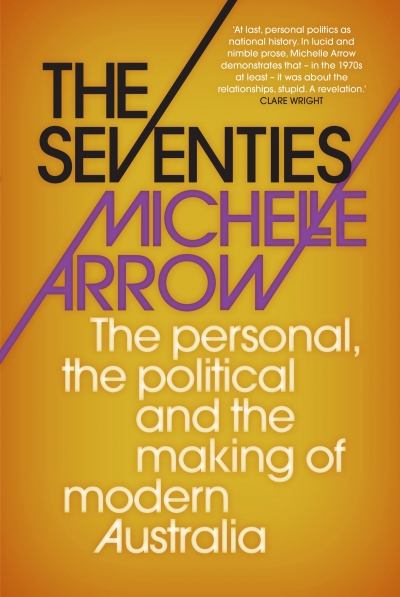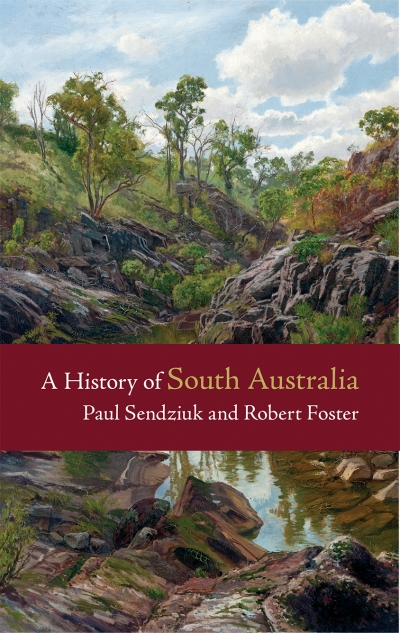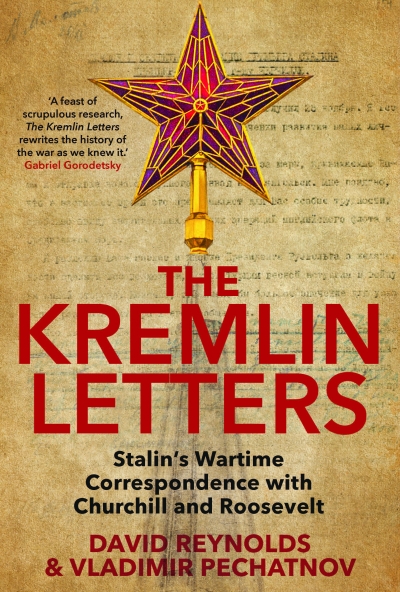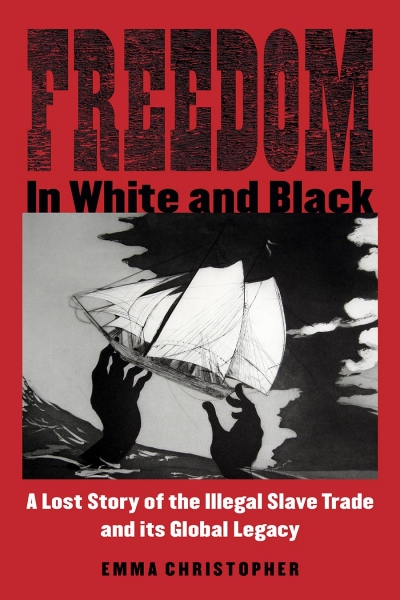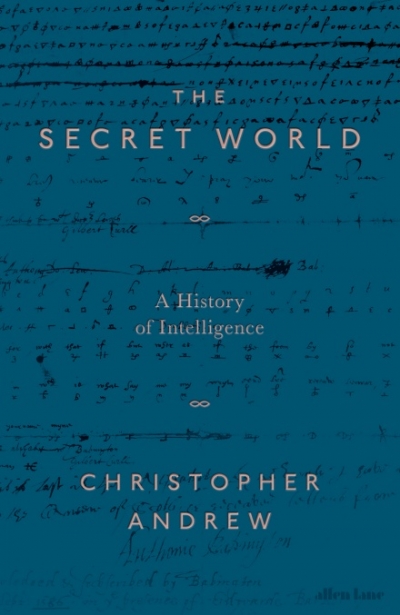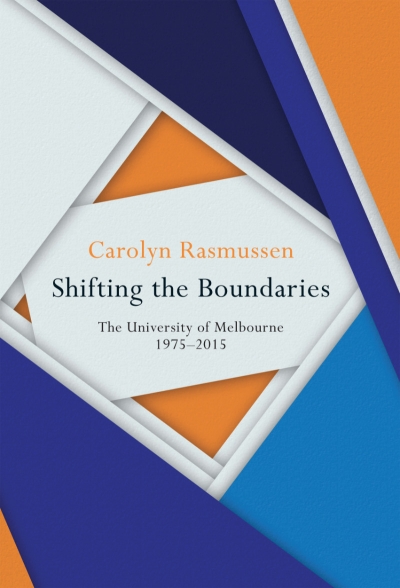History
A People’s History of Computing in the United States by Joy Lisi Rankin
According to most accounts, the history of computing is a triumph of enterprise. This story starts in the 1950s and 1960s with commercial mainframe computers that, one stack of punch-cards at a time, assumed business tasks ranging from managing airline reservations to calculating betting odds ...
... (read more)Japan Story: In Search of a Nation, 1850 to the present by Christopher Harding
Our tutor in Japanese conversation at the Australian National University in 1968, rather than listen to us mangling his language, used to write the kanji for all the political factions on the board, with a Ramen-like chart of connections looping between them and multiple interest groups ...
... (read more)Dramatic Exchanges: The lives and letters of the National Theatre edited by Daniel Rosenthal
What exactly is a National Theatre for? What is its purpose? What form should it take? National theatres come in many configurations. There is the four-hundred-year-old Comédie-Française serenely presiding over French culture from the Salle Richelieu. The Habima Theatre of Israel ...
... (read more)Prime Movers: From Pericles to Gandhi: Twelve great political thinkers and what’s wrong with each of them by Ferdinand Mount
Describe the twelve most influential thinkers who shaped Western political traditions. Chaos must ensue. Your list will be outrageous, but mine also. Consider whom you leave off the roll-call. Just one woman. No one from Africa or Asia. Only Jesus to represent millennia of Jewish thought ...
... (read more)The Seventies: The personal, the political and the making of modern Australia by Michelle Arrow
The first volume in this series, Beverley Kingston’s A History of New South Wales, was published in 2006. Since then another five have appeared, including a book on Tasmania by Henry Reynolds and another on Victoria by Geoffrey Blainey. Cambridge University Press may be proceeding with its ...
... (read more)A History of South Australia by Paul Sendziuk and Robert Foster
The first volume in this series, Beverley Kingston’s A History of New South Wales, was published in 2006. Since then another five have appeared, including a book on Tasmania by Henry Reynolds and another on Victoria by Geoffrey Blainey. Cambridge University Press may be proceeding with its ‘History of Australian States’ ...
... (read more)The Kremlin Letters: Stalin’s wartime correspondence with Churchill and Roosevelt edited by David Reynolds and Vladimir Pechatnov
Joseph Stalin wanted this wartime correspondence published, and one can see why: he comes off best. As the authors comment, ‘the transcript of the Big Three meetings demonstrates Stalin’s careful mastery of the issues and his superior skill as a diplomatist, regularly keeping his silence but then speaking out in a terse and timely manner at key moments’. He is ...
Freedom in White and Black: A lost story of the illegal slave trade and its global legacy by Emma Christopher
Because the settlement of Australia by the British proceeded in a certain way, we tend to forget how unusual it was in 1788 to start a colony without slavery. The year 1788 saw the first major manifestation of the abolitionist movement, which had a massive success by 1807 when the Atlantic slave trade was abolished. ...
... (read more)The Secret World: A history of intelligence by Christopher Andrew
The world’s best-known espionage officer, Vladimir Putin, would relish Christopher Andrew’s account of the role of his fellow practitioners at the 1816 Congress of Vienna. The secret services of France, Prussia, Britain, Russia, and Austria jostled to monitor the trysts of courtesans with the statesmen assembled in the ...
... (read more)Shifting the Boundaries: The University of Melbourne 1975–2015 by Carolyn Rasmussen
During the 1960s and 1970s, student radicals protested that their places of learning were getting too close to industry and government. In 1970, Monash University students occupied the university’s Careers and Appointments Office to oppose the use of the university as a recruiting ground for companies ...
... (read more)
